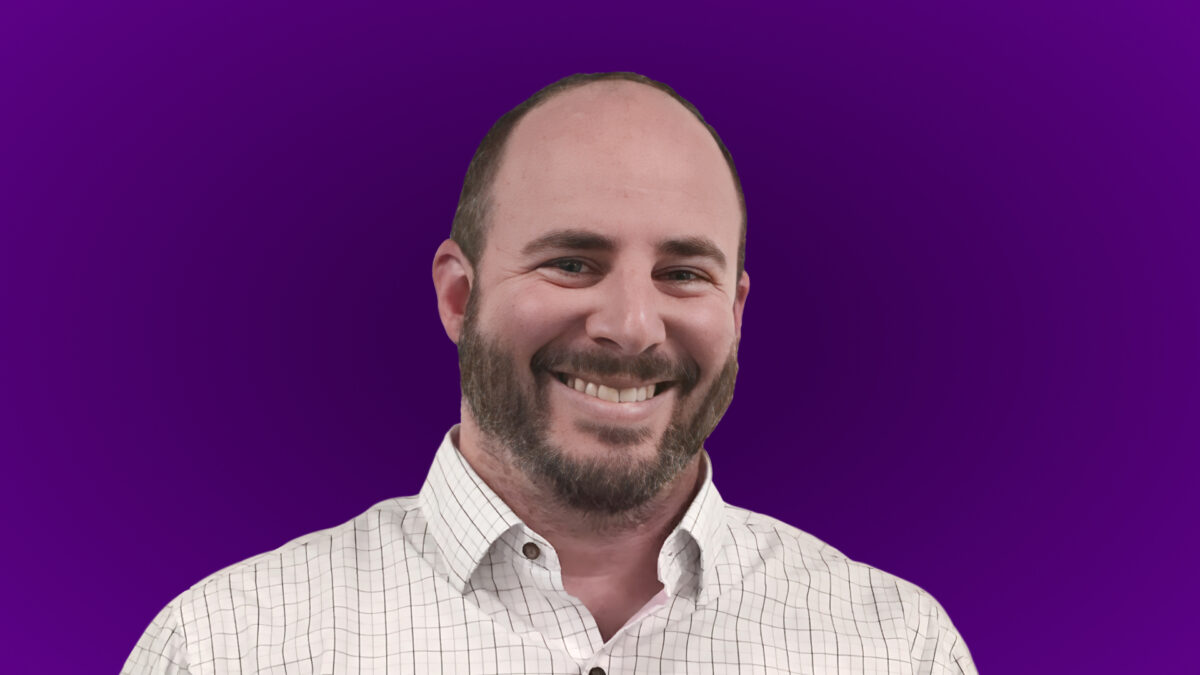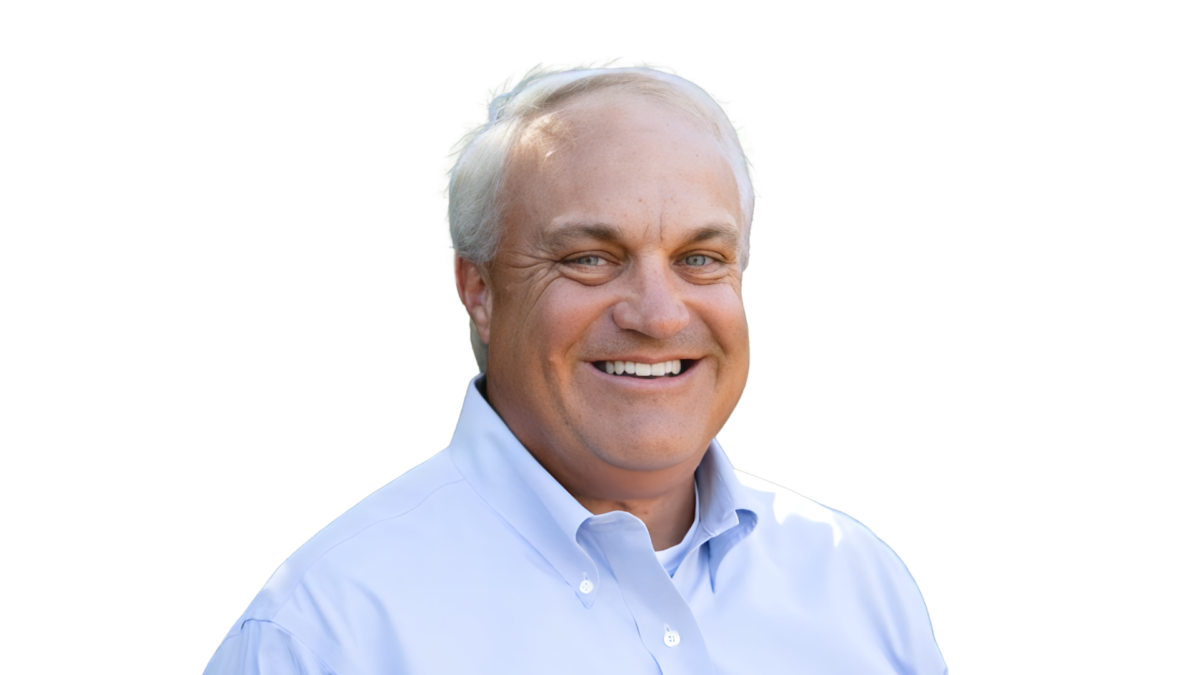Healthcare Market Matrix is a podcast series providing an in-depth exploration of the challenges healthcare organization leaders face that technology has the opportunity to solve. We aim to create a comprehensive, referenceable resource healthtech companies can use to develop and bring products to market, ready to address their customers’ unique needs.
There's a lack of information and then there's miscommunication. So if you're a provider, you don't know when they do communicate, should I even listen to what they're saying? At this point, there's a lot of distrust here right now.
Ben Reigle & Trish Rivard
Listen Now
Blending Compassion and Tech: Elevating the Clinical Perspective in Healthtech
Dr. Ramon Jacobs-Shaw + Mac Davis

From Disparate to Actionable Data — The Anatomy of Consumer Engagement
Mitch Holdwick
Director of Consumer Transformation, Innovacer

Exploring the Tech Roadmap for Eldercare Facilities
B. Anderson “Andy” Flatt
Senior Vice President & Chief Information Officer

Empowering a Consultative Approach to Marketing
Aaron Hillman
Sr. Director, Global Client and Industry Engagement

[Applied Theory Series] Building Digital Platforms Designed for Growth
Kyle Numann
Design & Development Director, Ratio

Unlocking Healthcare’s Horizon in 2024: The Critical Nature of Understanding Your Value Equation
John Farkas
CEO

The Premise Health Playbook: What does it mean to be Enterprise-ready?
Haden McWhorter
Chief Information Officer, Premise Health

Applied Theory Series: Crafting RevOps Funnels and Building High-Performing Teams
Peter Smith
President, Ratio

Inside AMSURG: Navigating Healthcare Innovation, Challenges, and the Future of Surgery Tech
Justin Mooneyhan
Senior Director of Strategy, Solutions, and Innovation; AMSURG

Health Tech Horizons: Navigating Nursing Challenges & Innovations
Kelly Aldrich, MD
Director of Innovation, Vanderbilt University

Empowering Care: HCA’s Journey to Quality Care through Tech Partnerships
Nicole Tremblett
Vice President ITG Nursing + HR, HCA Healthcare

From Crisis to Progress: Population Health in the New Normal
Dave Brooks
Chief Strategy Officer, People.Health

The CIO Journey: From Information to Innovation in Modern Healthcare
Bill Russell
Founder of This Week Health













